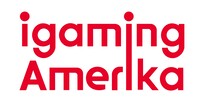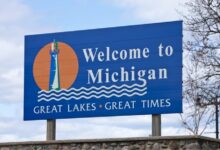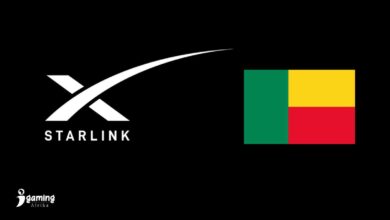Michigan Gaming Control Board Investigates Unlicensed Sports Prediction Markets

The Michigan Gaming Control Board (MGCB) has launched an investigation into unlicensed sports prediction markets operating within the Great Lakes State. Announced on Friday, April 11, the MGCB expressed “significant” concerns about consumer protections in Michigan, categorizing these predictions as a form of sports betting.
Preliminary investigations by the MGCB have revealed that unlicensed platforms are offering financial products that enable users to trade predictions on the outcomes of sports events. By bypassing state-mandated regulatory protections, these operations are posing a serious risk to players. The MGCB highlighted that this situation may create confusion among consumers, specifically regarding the “blurring the line” between sports betting as entertainment and as a financial trading vehicle.
While the regulator’s announcement did not identify the companies under investigation, it noted that counterparts in five other states—Nevada, New Jersey, Ohio, Illinois, and Maryland—have already issued cease-and-desist letters to entities such as Kalshi, Robinhood, and Crypto.com in an attempt to halt their sports-related offerings. These operators claim that they are legal under federal regulations and are currently fighting back in court against some of these orders.
“Sports betting is meant to be a form of entertainment, not a financial investment,” stated MGCB Executive Director Henry Williams. He added, “By framing sports contracts as investment vehicles, these platforms risk confusing consumers and undermining the state’s commitment to responsible gaming.” Williams also pointed out that many of these unlicensed platforms are accessible to individuals as young as 18, which contrasts sharply with Michigan’s 21+ age requirement for legal sports betting.
The regulator emphasized that while lost tax revenue due to unlicensed activities is a concern, its primary focus is on player protection. Unregulated platforms may expose Michigan residents to various risks, including fraud, identity theft, and inadequate data security. Unlike approved operators, unlicensed sites are not required to adhere to protection measures in the state, leaving consumers vulnerable to financial harm. Licensed operators must implement measures such as age verification, know your customer (KYC) protocols, anti-money laundering (AML) practices, self-exclusion policies, and integrity monitoring as part of their license requirements.
Read also: ITIA Suspends Tennis Officials Over Betting Corruption
“We take consumer protection very seriously and are committed to ensuring that Michigan residents are engaging with safe and legal sports betting options,” Williams stated. He added, “Unlicensed entities not only pose a risk to consumers but also undercut the integrity and revenue-generating potential of the state’s regulated sports betting industry. We are actively investigating these practices and will pursue appropriate measures to protect Michigan bettors.” The MGCB indicated that it will continue its investigation and take all necessary steps as warranted.
This investigation marks the latest effort by the MGCB to address unlicensed gambling in Michigan. Earlier this month, the regulator issued cease-and-desist letters to 13 offshore operators for offering online gambling without a license. Among those flagged were Lucky Tiger Casino and Rich Palms Casino, both operated by Alistair Solutions NV in Curaçao, which offer gambling through slots, table games, and video poker. Additionally, the regulator warned Shazam Casino, Highway Casino, SlotsRoom, Ruby Slots Casino, Las Atlantis Casino, Bet Big Dollar Casino, Blood Moon Casino, Spinfinity, Jumba Bet Casino, Grand Eagle Online Casino, and DogsFortune for illegally targeting players in Michigan. Michigan Sports Prediction














